Ageing and Assisted Living
Ageing and Assisted Living is a cross-disciplinary research area, established to promote innovative, multi-disciplinary research in ageing and assisted living with the aim of improving the health and quality of life of older people and people with disabilities.
The UK’s population is ageing. More of us are living into old age and rising numbers of people with chronic illness will place unsustainable pressure on our economy and health and social care systems. As the number of people with chronic illness and disability increases, the demand for assisted living technology has grown to support independent living and enhance quality of life.
Research Areas
Lifelong health, healthy ageing
Health behaviours and lifestyle choices are major determinants of life expectancy, health and wellbeing in old age. Researchers within this focus area will explore novel approaches and interventions to promote and sustain health and wellbeing across the life course into old age.
Our people
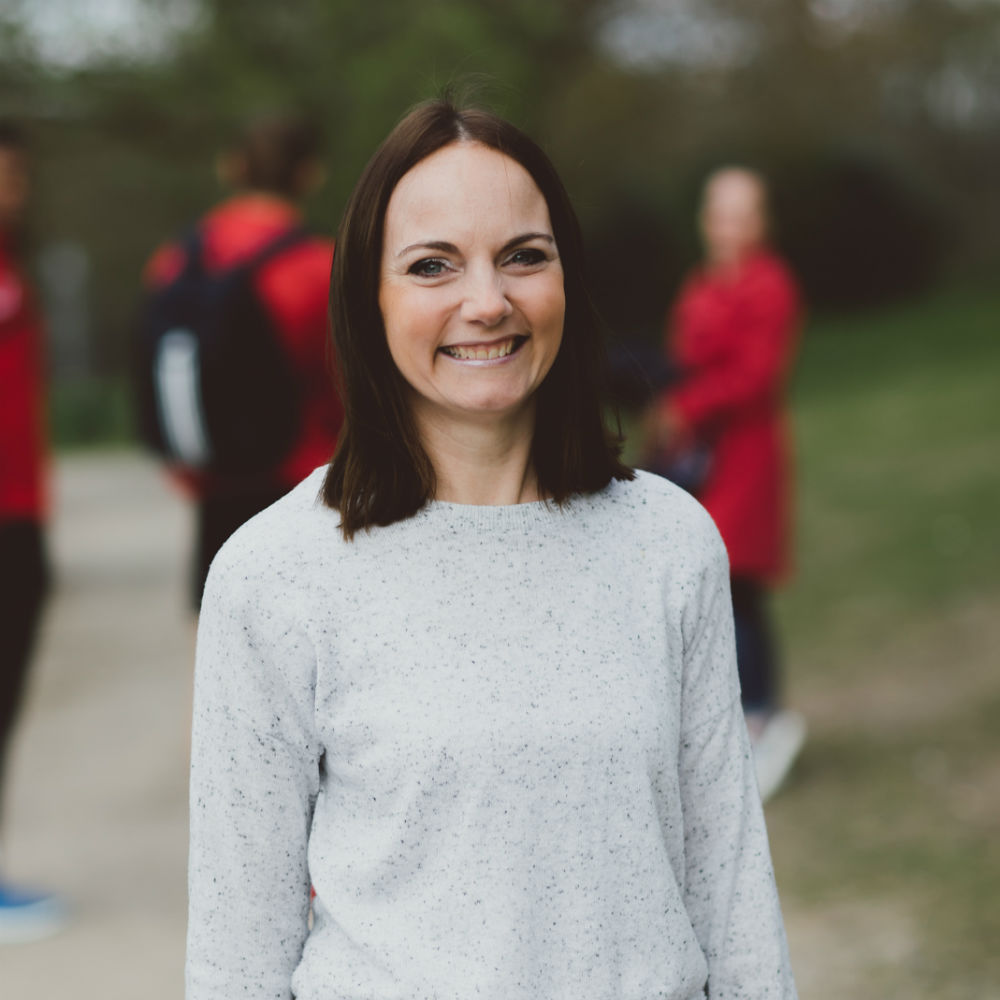
Green exercise, green care, measurement of physical activity and sedentary behaviour in the elderly.
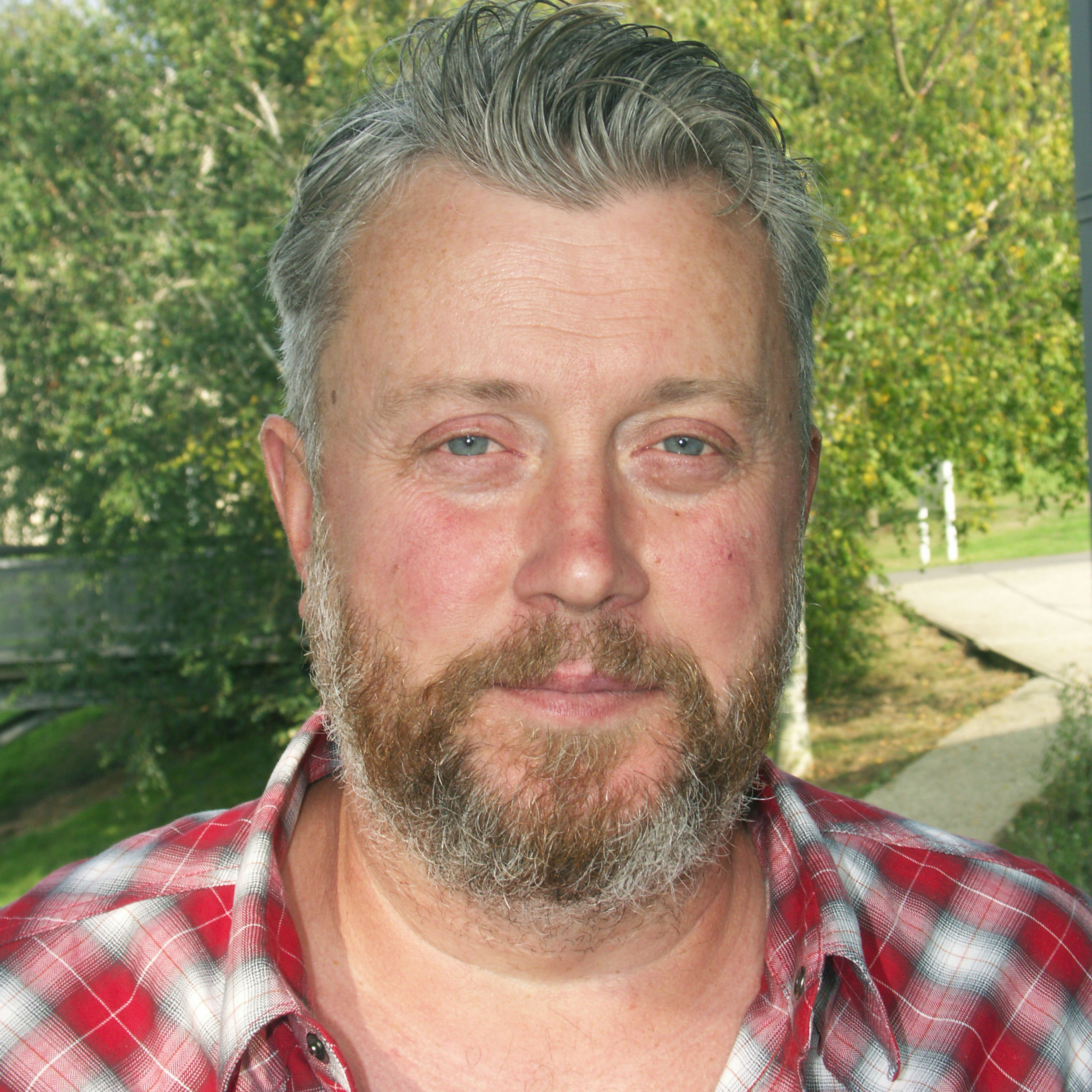
Psychophysiology of the effects of stress on ageing.
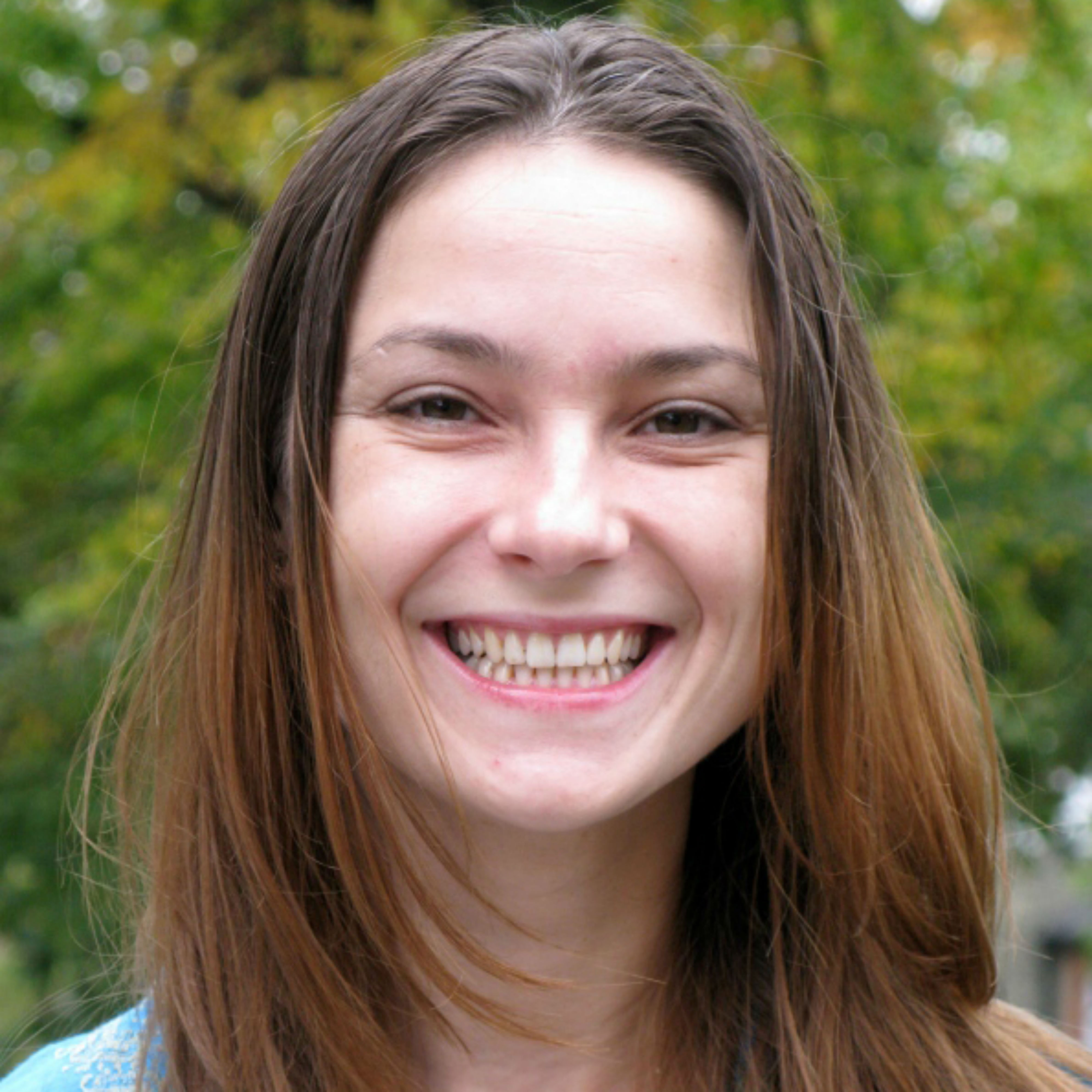
Psychological benefits of exercise, body perception across the lifespan.
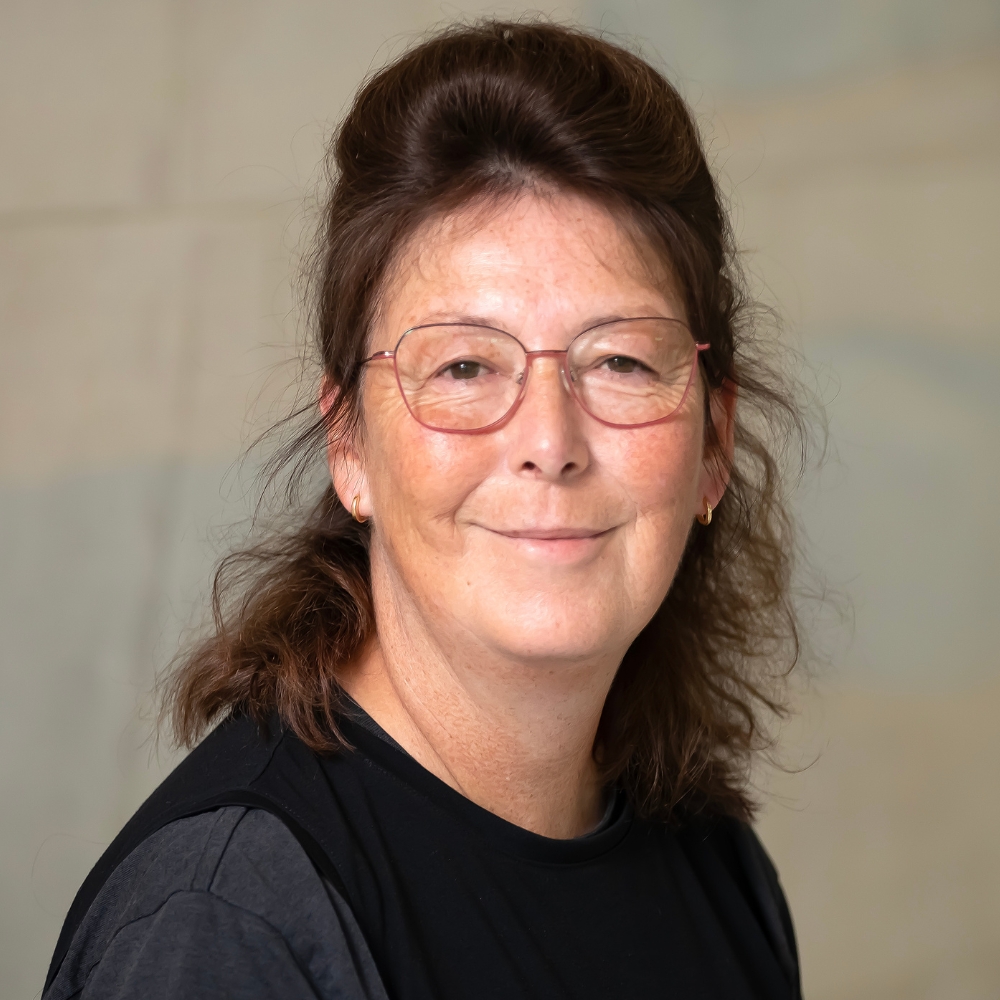
Social psychological aspects of preventive health behaviour.
Age-related disease
Age is the single biggest risk factor for many life-threatening diseases, such as heart failure, cancer and dementia which can lead to chronic ill health and dependence. Researchers working within this focus area will examine the cause, cure and care of a range of age-related diseases and conditions.
Our people
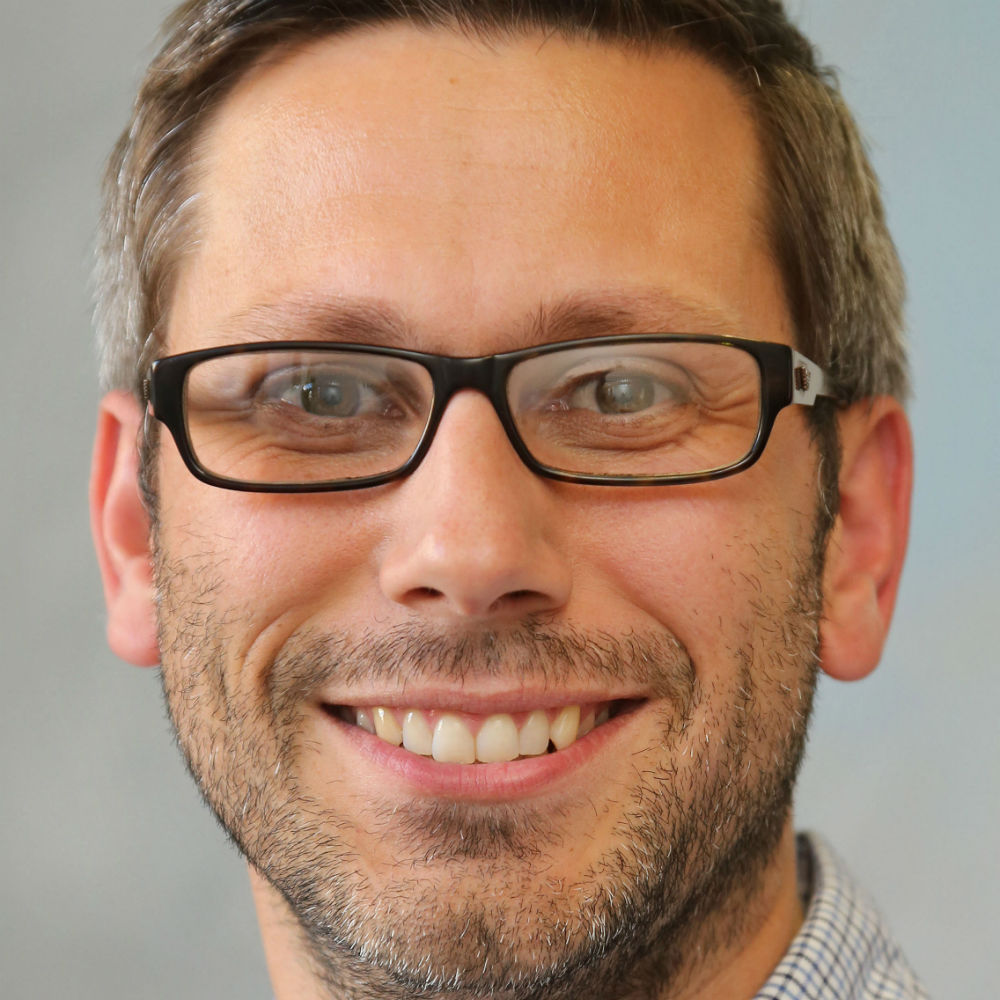
Breast and prostate cancer, Alzheimer's disease.
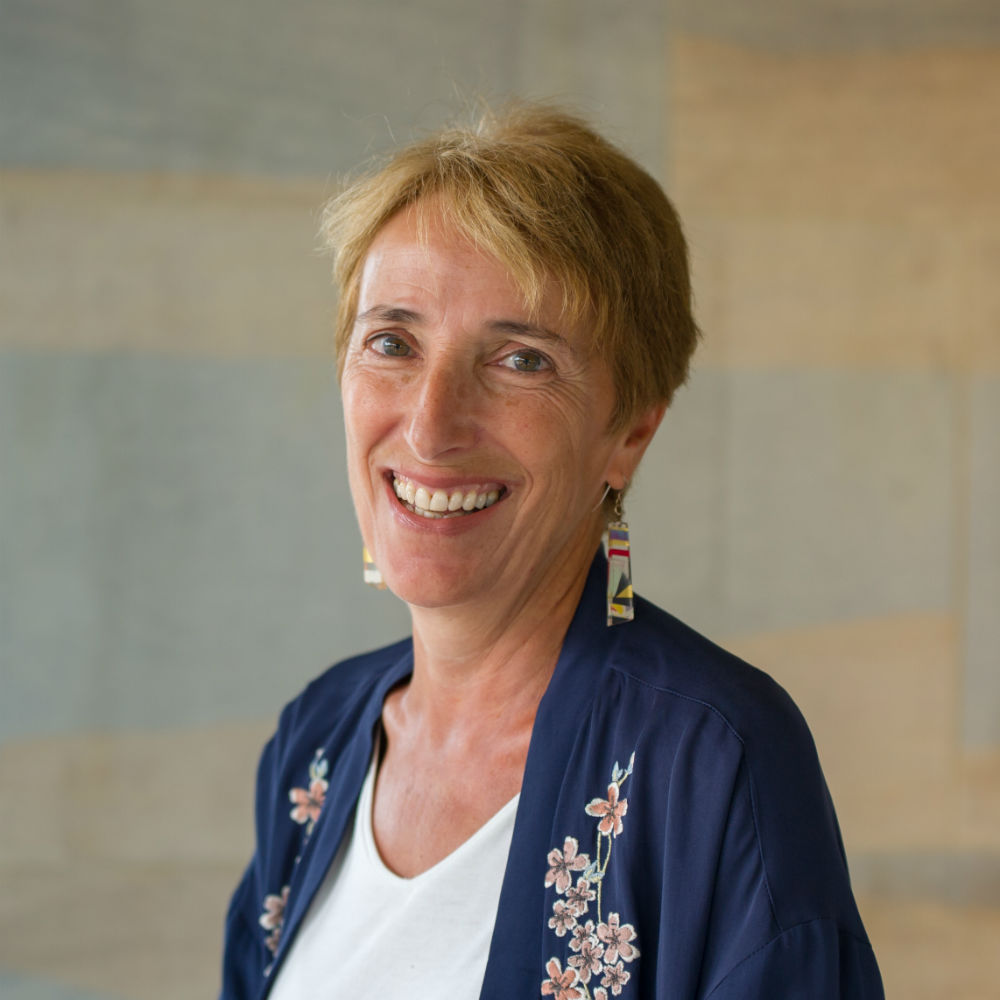
Experience and impact of chronic illnesses, social experience of illness.

Social psychological aspects of the physical health and health care of older people.

Improving oral health in older people and those with dementia.
Assisted Living
The physical environment plays a central role in determining disabled and older people’s independence, mobility and wellbeing.
Researchers within this focus area will aim to develop new tools and technologies that will enable the elderly, disabled and those with long-term conditions to live independent lives and support translation of assisted living technologies into care/home environments.
Our people
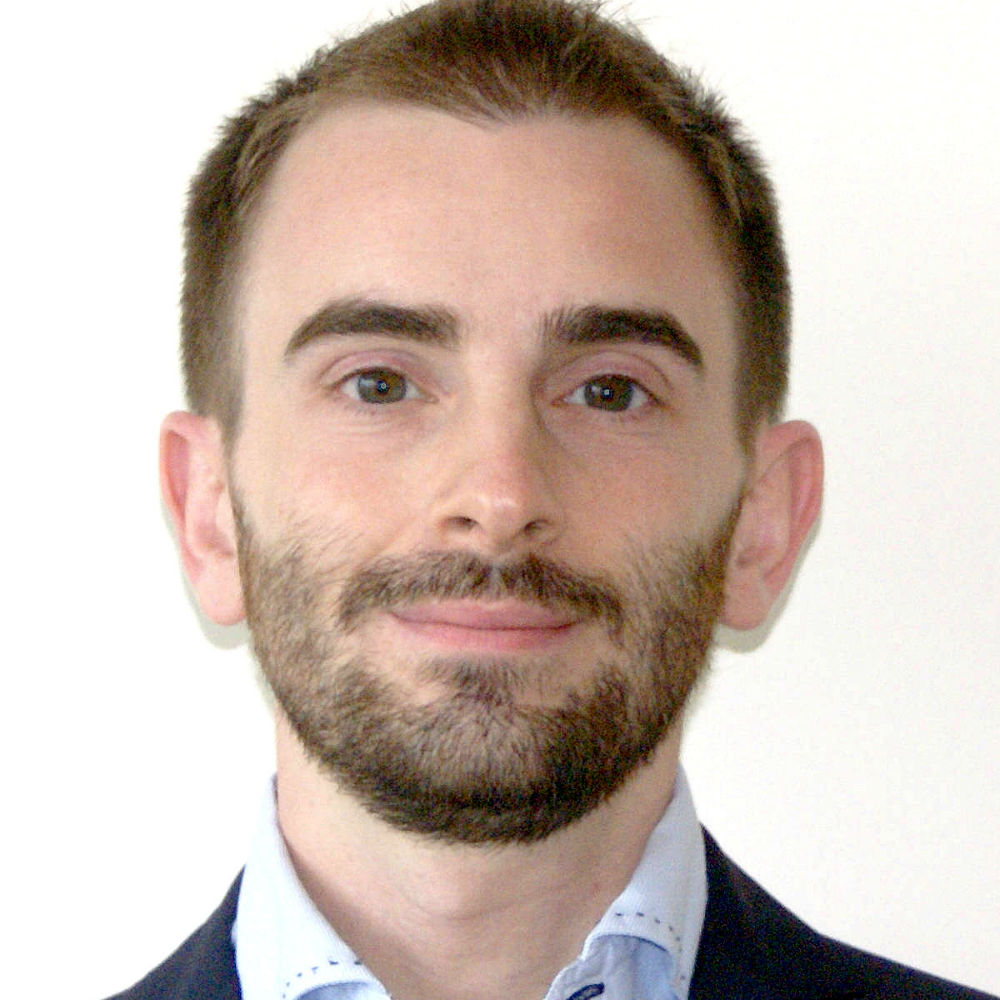
Brain-computer interfaces, neural prostheses, physiological signal processing, computational intelligence for health-related problems.

Accessibility study for the Robochair.
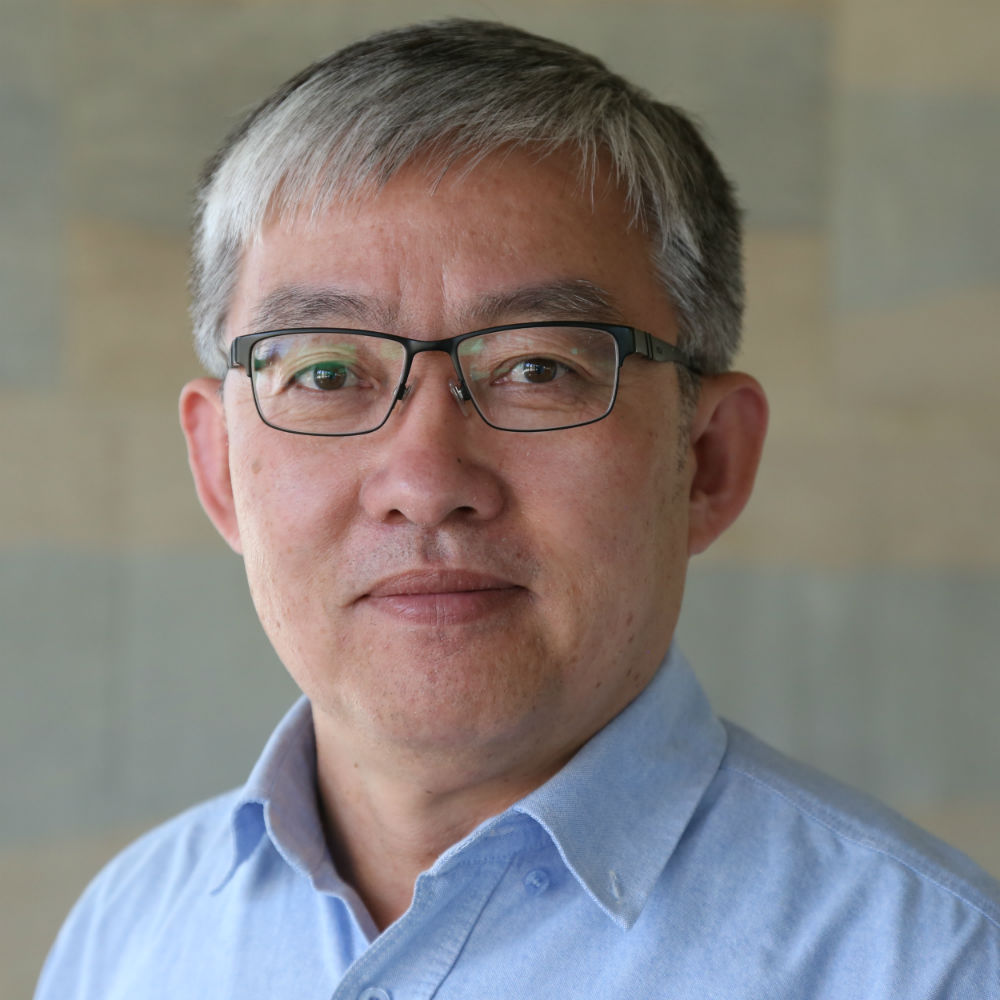
Intelligent systems, robotic assistive technology, human computer interaction for assisted living.
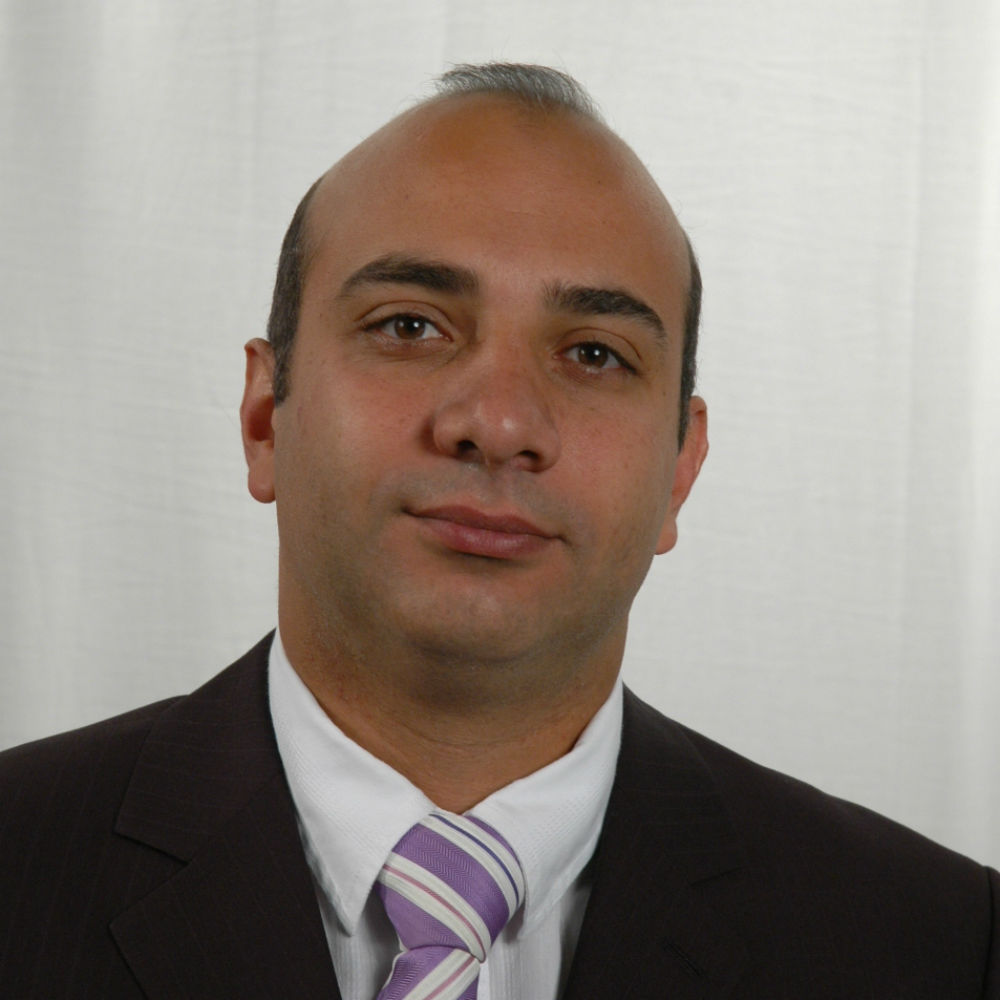
Intelligent buildings and environments for assisted living, intelligent autonomous systems, intelligent autonomous robots.
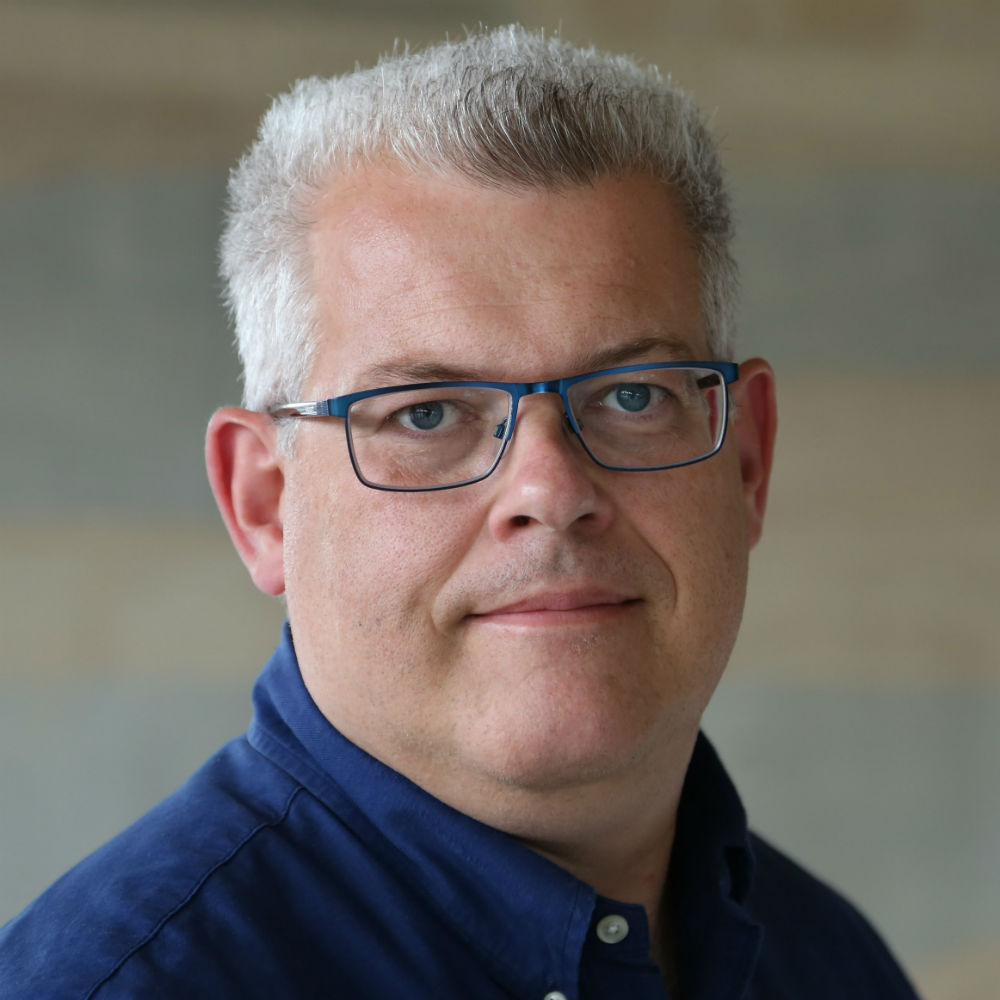
Embedded systems for rehabilitation and assistive living.
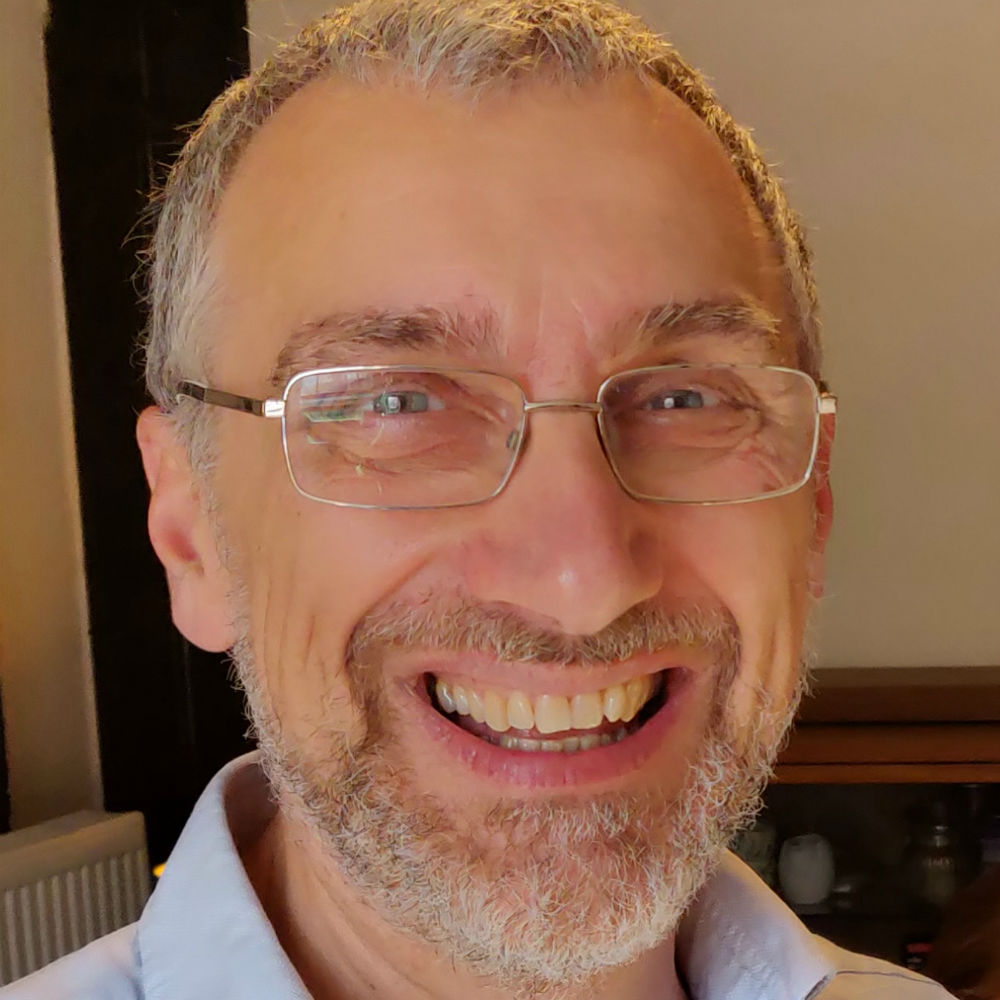
Brain-computer interface.
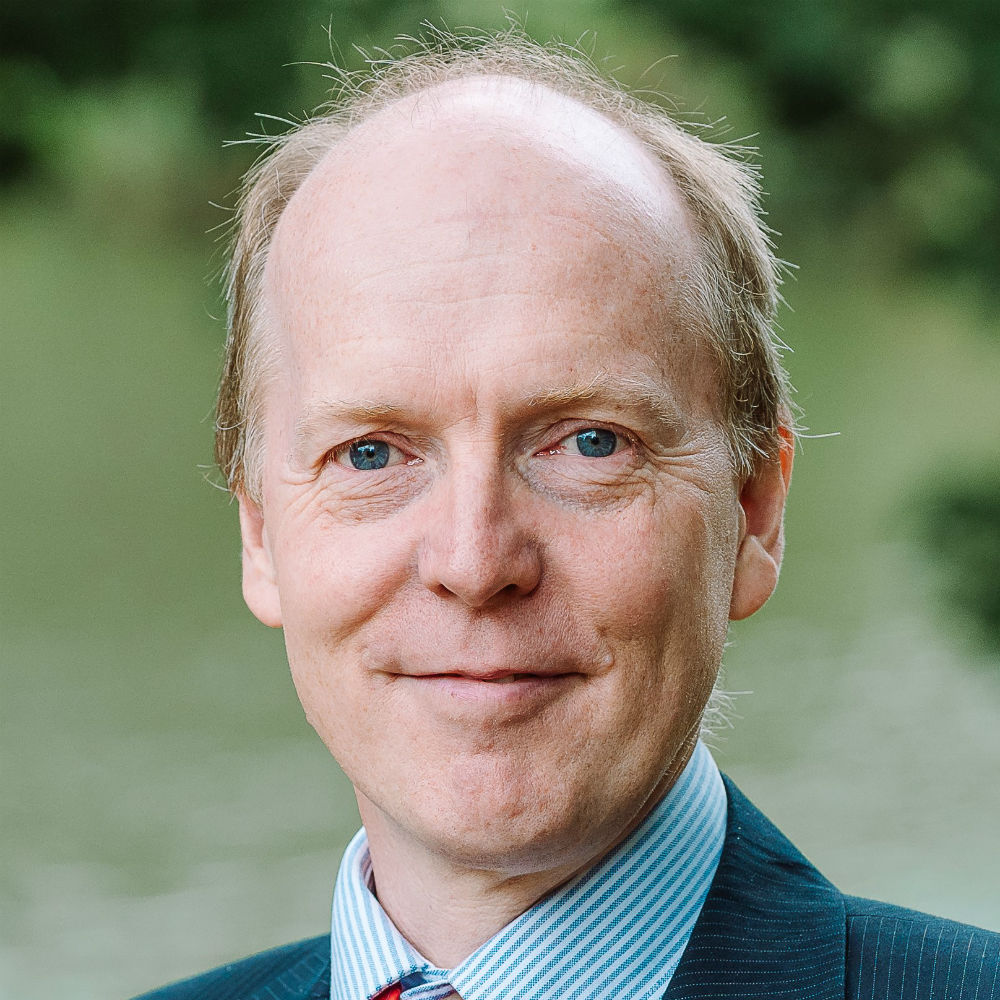
Network security, management and control of optical and core networks, multimedia internet applications, multi-dimensional signal processing algorithms.
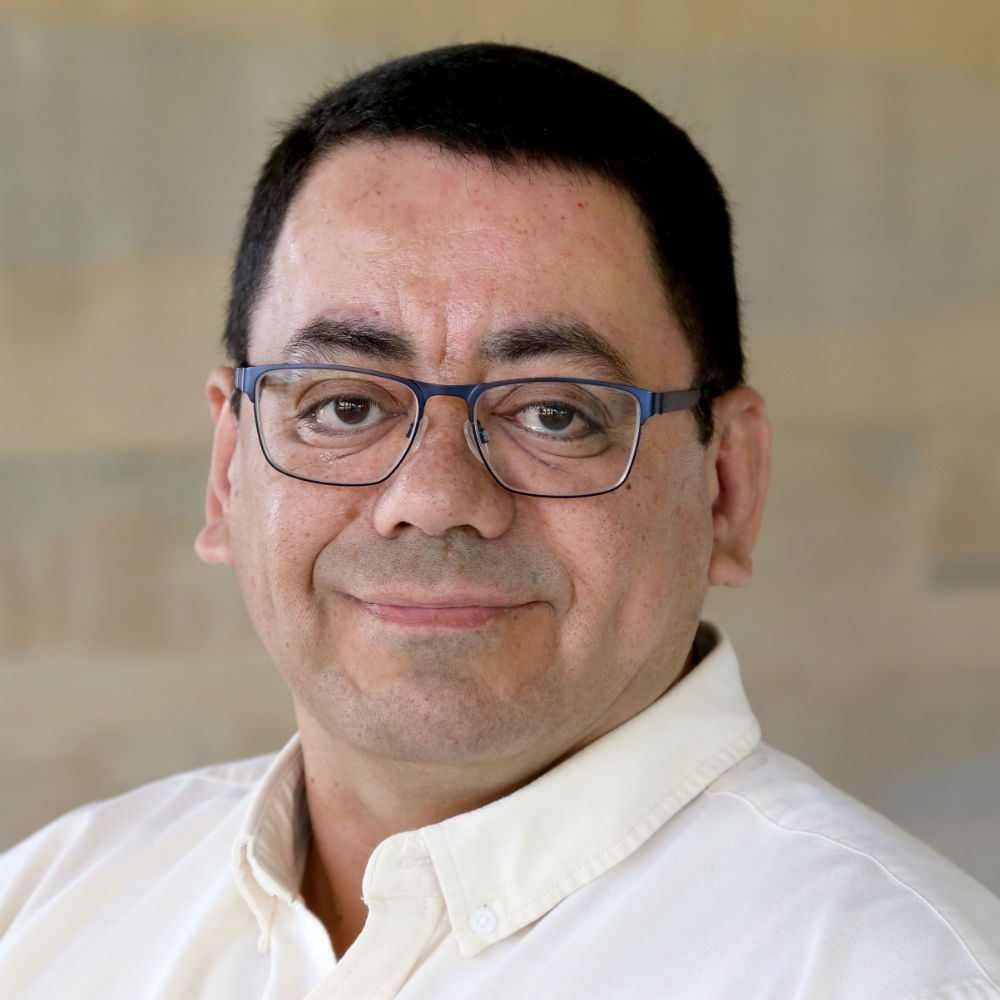
Brain-computer interfaces, myoelectric operation of artificial limbs and robotic devices, neural prostheses, neurorehabilitation.
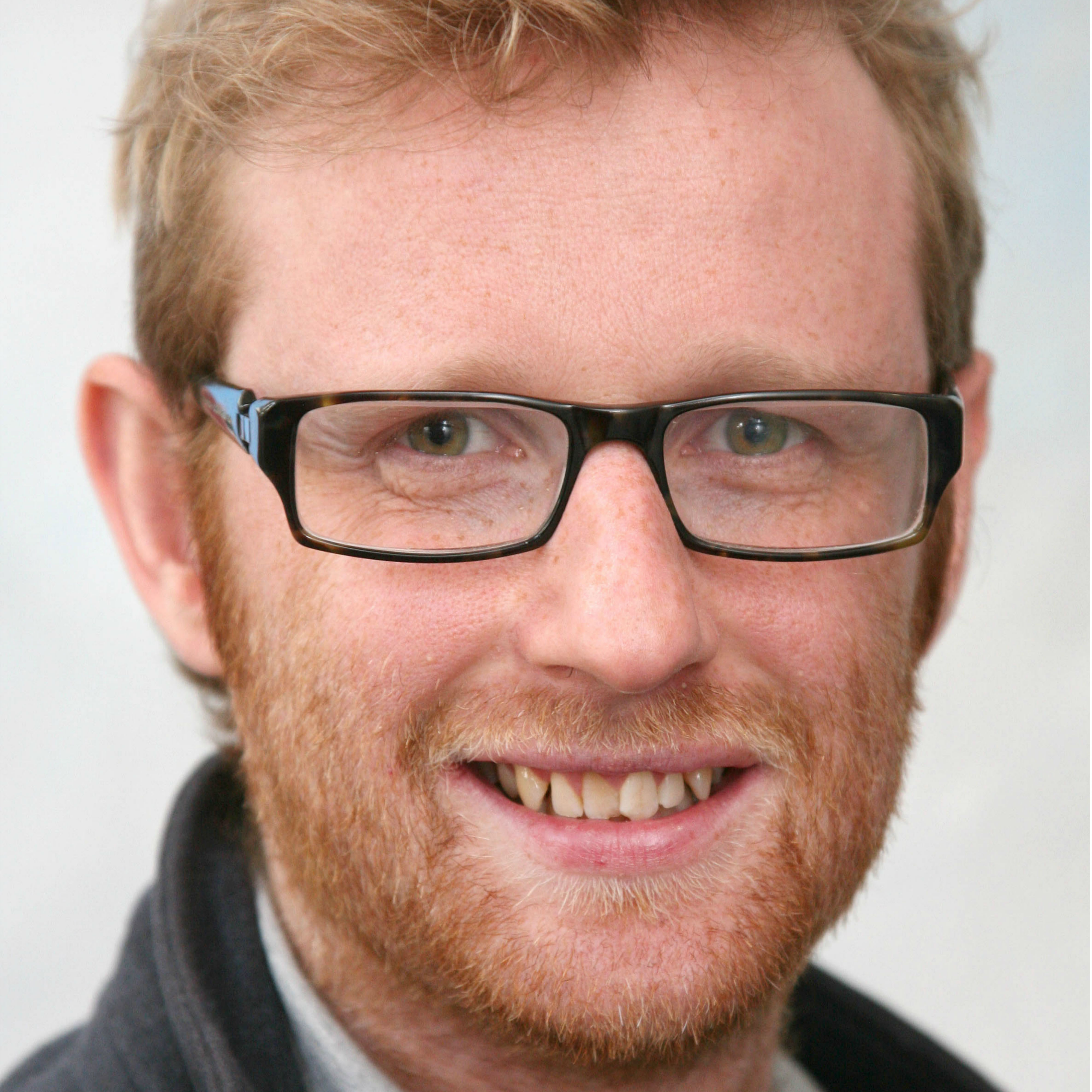
Using the Nintendo Wii to improve balance and quality-of-life in recurrent elderly fallers, study of gait/movement in the elderly.
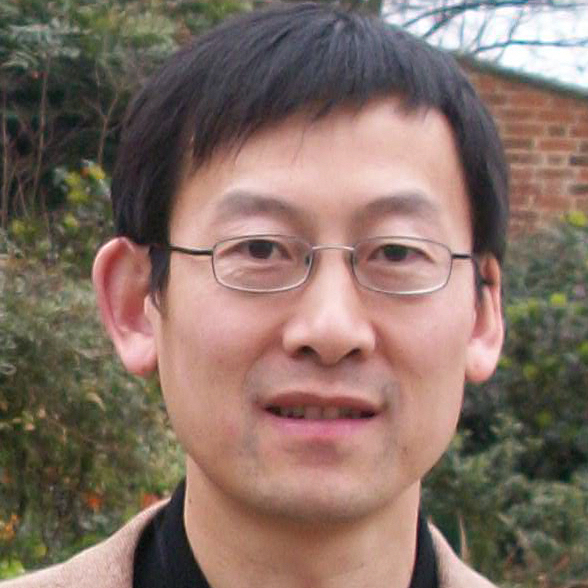
Wireless networks and communication, wired network, pervasive (or adaptive) service engineering (mainly in wireless mobile environment), communication networks in assisted living.